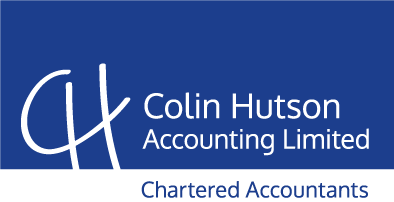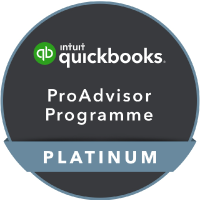In this week’s Enews, we look at analysis of the rise in employers’ National Insurance contributions (NICs) made in the Autumn Budget. We also have a self assessment reminder from HMRC and the latest fraud data to update you on.
News - 8 November 2024

Employer NICs rise may have unforeseen consequences
The extra costs of the increase in employers’ NICs could cause businesses to respond in ways the government did not intend, the Chartered Institute of Taxation (CIOT) has warned.
At the Autumn Budget, Chancellor Rachel Reeves announced an increase to the rate of employer NICs by 1.2 percentage points, to 15% from 6 April 2025.
The CIOT says that the increase extends the differential in the burden of tax and NICs borne by those in employment compared to those engaged as self-employed.
The higher employers’ NICs goes, the greater the likelihood employers may seek ways to mitigate or absorb the burden, which could include potential alternative arrangements to taking on people as employees, adds the CIOT. Alternatives could include outsourcing or offshoring services and reducing the numbers of employees.
Eleanor Meredith, Chair of CIOT’s Employment Taxes Committee, said:
‘While employers must pay employer NICs on their employees’ earnings, no employer NICs is due where someone is genuinely self-employed.
‘We are concerned that the increase in employers’ NICs could lead to an increase in ‘false self-employment’, where businesses trying to save money turn to arrangements where the worker is not directly employed by them, without necessarily appreciating the rules and risks of such arrangements.
‘A worker’s employment status for tax is notoriously difficult to judge, as we have seen from recent complex litigation involving some TV presenters. HMRC will need to be sufficiently resourced to tackle potential increases in ‘false self-employment’.’
Internet link: CIOT website
Under 100 days to go until self assessment deadline
HMRC has warned taxpayers that the countdown to the self assessment deadline is now underway, with less than 100 days to go.
Self assessment taxpayers must file and pay their self assessment tax return before the 31 January 2025 deadline.
The tax authority says more than 12 million people need to file a tax return for the 2023/24 tax year and pay any tax owed by the deadline.
Over 3.5 million taxpayers have already beaten the clock and submitted their returns, it adds.
HMRC is reminding others that starting their self assessment early means they are more likely to complete an accurate tax return, avoid any last-minute panic plus they will know what they owe sooner and can budget.
Myrtle Lloyd, HMRC’s Director General for Customer Services, said:
‘The countdown to the self assessment deadline has begun but there is still time to thoroughly prepare and file an accurate tax return by 31 January. You can access online help and support to help you file.’
Internet link: HMRC press release
Over £570 million stolen by fraudsters in first half of 2024
Criminals stole more than £570 million through authorised and unauthorised fraud in the first half of this year, according to data published by UK Finance.
72% of authorised push payment fraud began online and 16% started via telecommunications.
Losses due to unauthorised transactions across payment cards, remote banking and cheques were £358 million in the first half of this year, an increase of 5%.
The data also showed that banks prevented £710.9 million of unauthorised fraud using advanced security systems.
Ben Donaldson, Managing Director of Economic Crime at UK Finance, said:
‘Fraud continues to pose a major threat in this country with over £570 million stolen through payment fraud in the first half of the year. In addition to the financial impact, this crime can cause severe psychological harm to victims.
‘This isn’t a fight we will win alone as our data again shows that most fraud originates online and via telecommunications networks. There have been some improvements made by other sectors, but their actions don’t yet fully match the scale of the problem – more needs to be done to prevent fraudsters exploiting these platforms and networks.’
Internet link: UK Finance website





